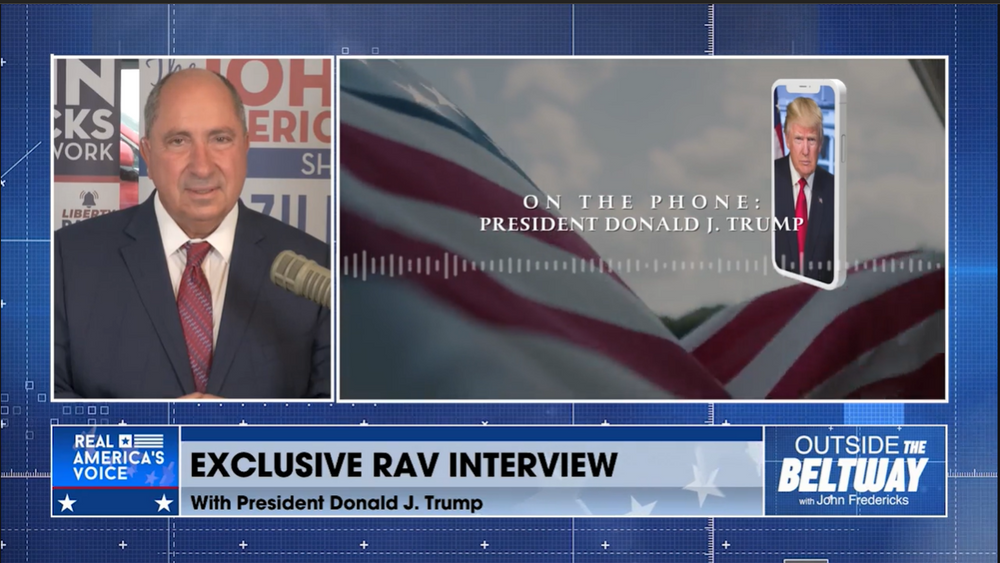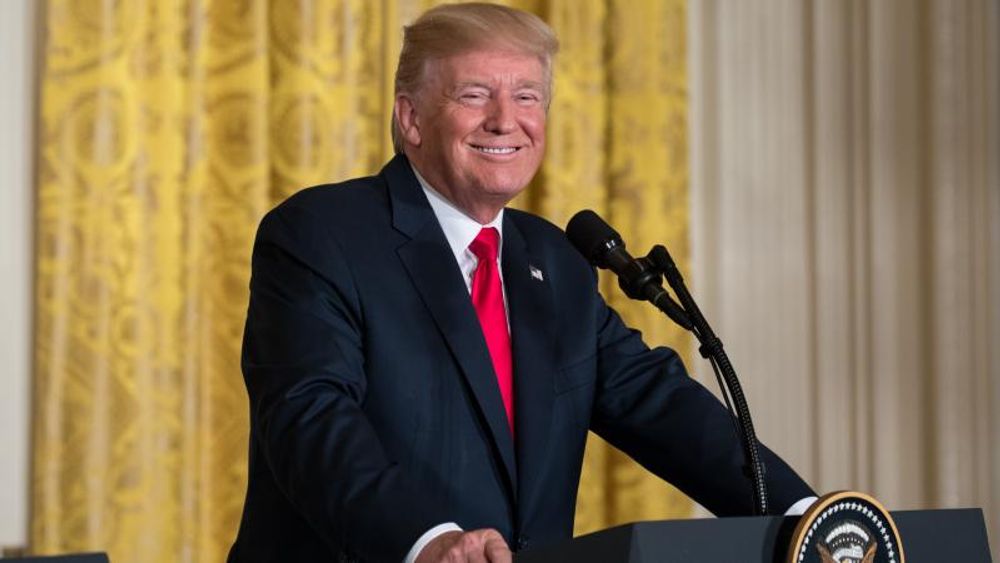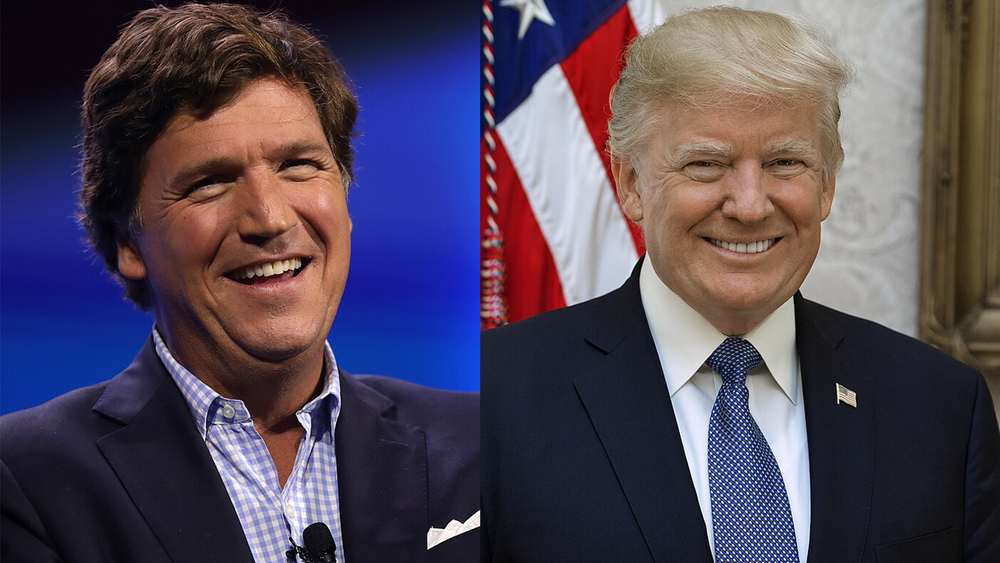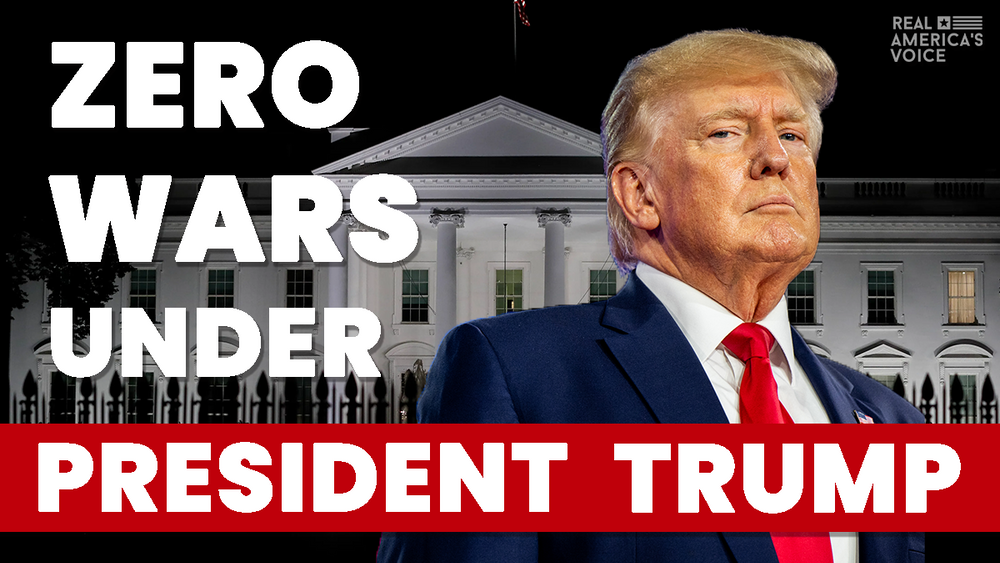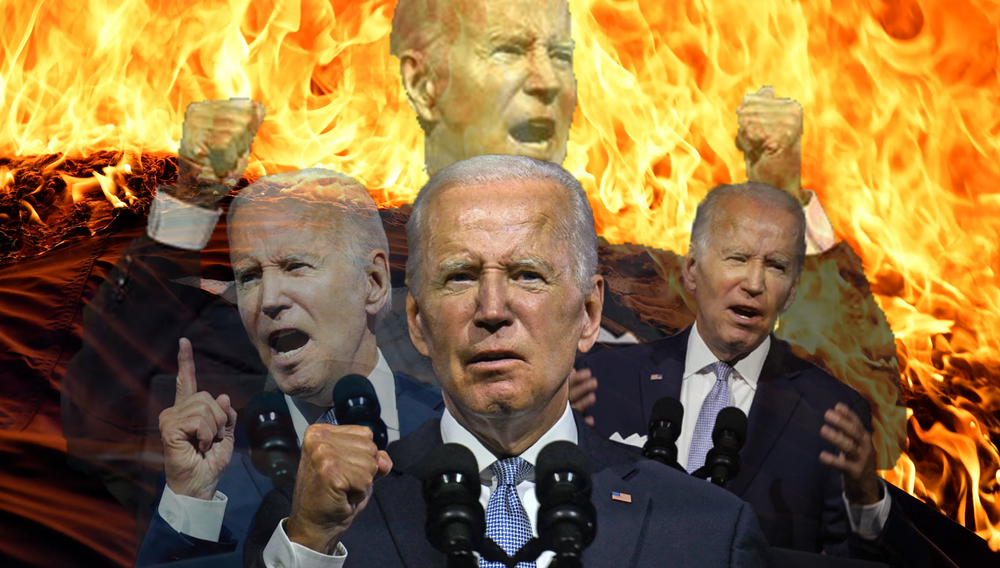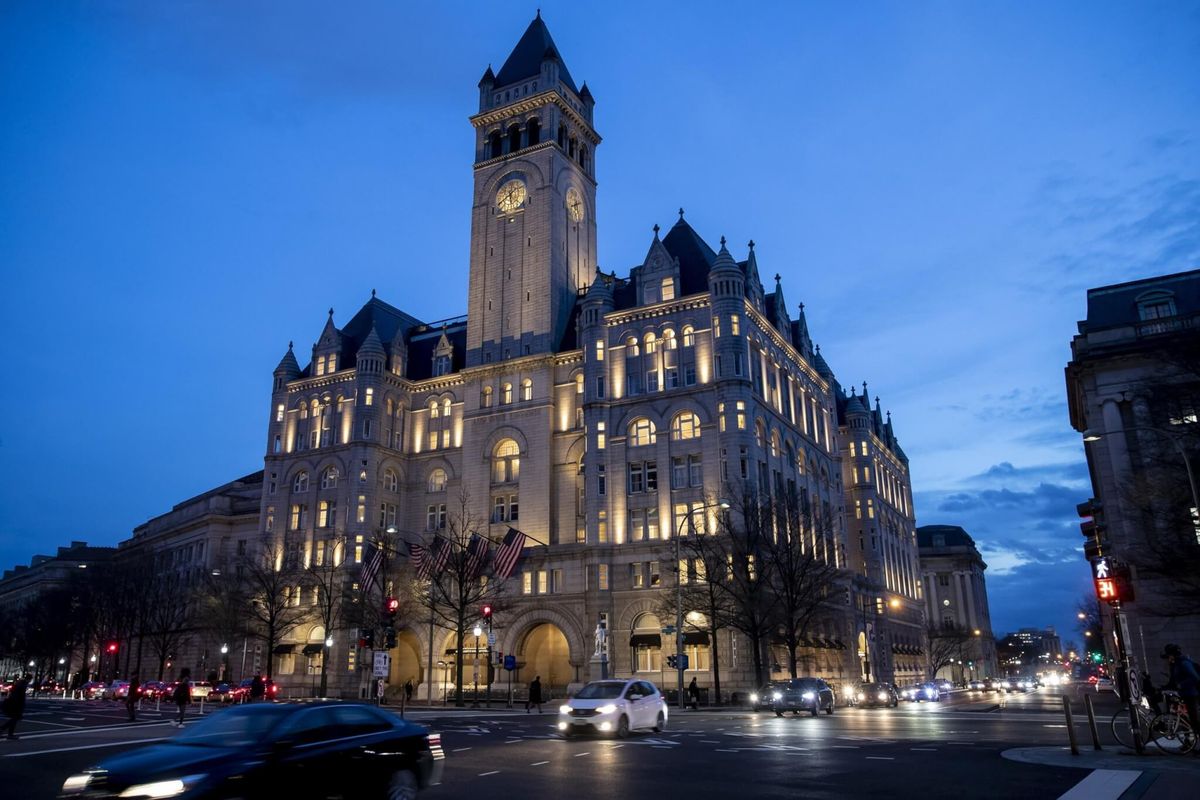
Appeals Court Rehears Arguments in Trump Hotel Lawsuit
A divided federal appeals court spent more than three hours Thursday sparring over whether President Donald Trump is illegally profiting from the presidency through his luxury Washington hotel.
The state of Maryland and the District of Columbia asked 15 judges on the 4th U.S. Circuit Court of Appeals to reconsider a ruling by a three-judge panel directing a federal judge in Maryland to dismiss their lawsuit against the president.
The two jurisdictions allege Trump has violated the emoluments clause of the Constitution by accepting profits through foreign and domestic officials who stay at the Trump International Hotel.
Maryland Attorney General Brian Frosh and District Attorney General Karl Racine have argued that hotels in their jurisdictions suffer "competitive injury" because officials hoping to curry favor with the president are more likely to stay at his hotel.
A three-judge panel of the 4th Circuit ruled in July that the two jurisdictions lack standing to pursue their claims against the president and granted a rare writ of mandamus, directing U.S. District Court Judge Peter Messitte to throw out the lawsuit.
The three judges on the panel who ruled in Trump's favor were all nominated by Republican presidents. But on Thursday, in arguments before the full court, a mix of 15 judges nominated by both Democrats and Republicans got into a spirited debate about Trump's business interests and whether the panel should have taken the unusual step of overturning Messitte's ruling allowing the lawsuit to move forward.
Deputy Assistant Attorney General Hashim Mooppan said the three-judge panel was within its authority to issue its ruling.
"We think it is clear and indisputable that you cannot sue the president of the United States in his official capacity without – at a minimum – having an express statement authorizing such a suit by Congress," Mooppan said.
Several judges cited the controversy that erupted after a Trump aide said the president planned to hold next year's Group of Seven world leaders' meeting at his Doral golf resort in Florida. After intense criticism, Trump reversed the decision and said he would look for another site for the international summit.
Judge James Wynn Jr. grilled Mooppan about whether he was arguing that the judiciary has no remedy when a president violates the emoluments clause and that the president is above the law. Mooppan said Messitte committed "multiple, fundamental errors" in refusing to dismiss the suit.
Judge J. Harvey Wilkinson III defended Trump's arguments during the hearing, saying the court cannot treat the case as if it's an "ordinary, run-of-the-mill case." He said the judiciary is "seeking to assert over the presidency of the United States authority that has never been asserted or claimed before."
Trump's lawyers have said Frosh and Racine – both Democrats – lack authority to sue the president in his official capacity. They've also argued that the emoluments clause only bars compensation made in connection with services provided in his official capacity or in "an employment-type relationship" with a foreign or domestic government.
The hotel is just blocks from the White House. The iconic Old Post Office quickly became a hot spot for lobbyists and foreign officials after it reopened in 2016 as the Trump International Hotel shortly before Trump was elected.
Frosh and Racine are asking the 4th Circuit to send the case back to lower court for it to proceed to discovery and trial. The court did not give any indication on when it will issue its ruling.
In October, Trump's company said it is exploring the sale of the hotel after nearly three years of complaints alleging he is profiting off the presidency. The Trump Organization said it will consider offers to buy out the 60-year lease on the hotel.
After the 4th Circuit hearing Thursday, Frosh said the lawsuit filed by Maryland and the District of Columbia could become moot if the Trump Organization sells the lease and Trump "disposes of his interests properly."
 Judiciary Committee Restarts Marathon Debate, Before Voting on ImpeachmentNext PostJudiciary Committee Recommends Trump Impeachment for Abuse of Power, Obstruction
Judiciary Committee Restarts Marathon Debate, Before Voting on ImpeachmentNext PostJudiciary Committee Recommends Trump Impeachment for Abuse of Power, Obstruction
